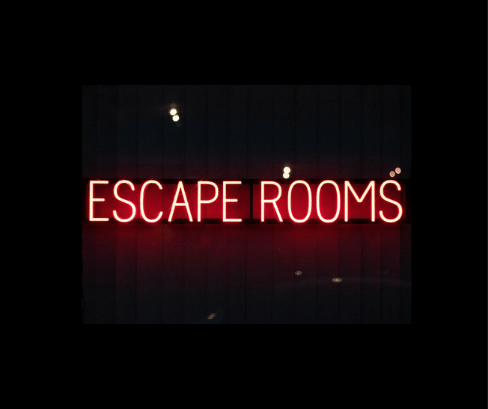As companies transition employees into their version of the new normal working environments, I’ve noted more discussions about people’s eagerness to engage in in-person meetings on a semi-regular basis. I, myself long for the day when I can engage and present to audiences in their live, three-dimensional human forms on a regular basis.
Our in-person meetings did provide participants to engage in nuanced behaviors such as turning to smile or share a few words with the person sitting next to you as you observe and react to subtle changes in expression and body language, and maybe even share a meal.
However, we also need to take this opportunity to pause and remember what some poorly managed in-person, unnecessarily long meetings were like. In full transparency, I confess that in many meetings I practiced a form of mindfulness before I even knew that was a thing, or I witnessed colleagues playing meeting word bingo and counting ceiling tiles. I experienced the cruelty of hope when a long-winded presenter put his pen down and paused for a minute. I also know I planned a significant part of my life under the guise of copious note-taking.
The resurfaced memories that inform my examples represent many de-energizing experiences and hours of wasted time. Moving forward into the New Workplace Meeting Normal without taking time to take a realistic, “lessons learned” backward look would represent a missed opportunity for us to manage and improve our business meeting rituals.
In our culture, we believe in consulting with an expert when we are about to embark on a new initiative. I believe that we can learn from the trained professionals who design and manage Escape Room concepts.
I’ve gathered a few Escape Room Principles for your review and consideration
- There is a clear goal – The organizers know that you have determined that this experience is a meeting you want and need to have and have supplied you with a clear, concrete goal.
- You learn to work as a team – Gathering together will accomplish nothing unless the
participants make unique contributions and work as a team - Focused attention is must – Participants are asked to not use their mobiles and these engaging planned, experiences make it impossible for a member to zone out.
- Being trapped is an illusion – In reality, there are no locks. The trapped illusion is created in the mind
- People are observing you on camera – Yes, monitoring your attendees to make
sure they have what they require to move forward and out is a key meeting
planning tool. And to paraphrase the iconic Marine quote – “Never leave a
participant behind”
Julienne B. Ryan is the author of The Learned-It-In-Queens Communications Playbook – Winning Against Digital Distraction” and an applied, narrative storyteller, speaker, trainer, and coach. She is on a mission to improve how we communicate with each other, one authentic conversation at a time. Click on this link to learn about her services.

